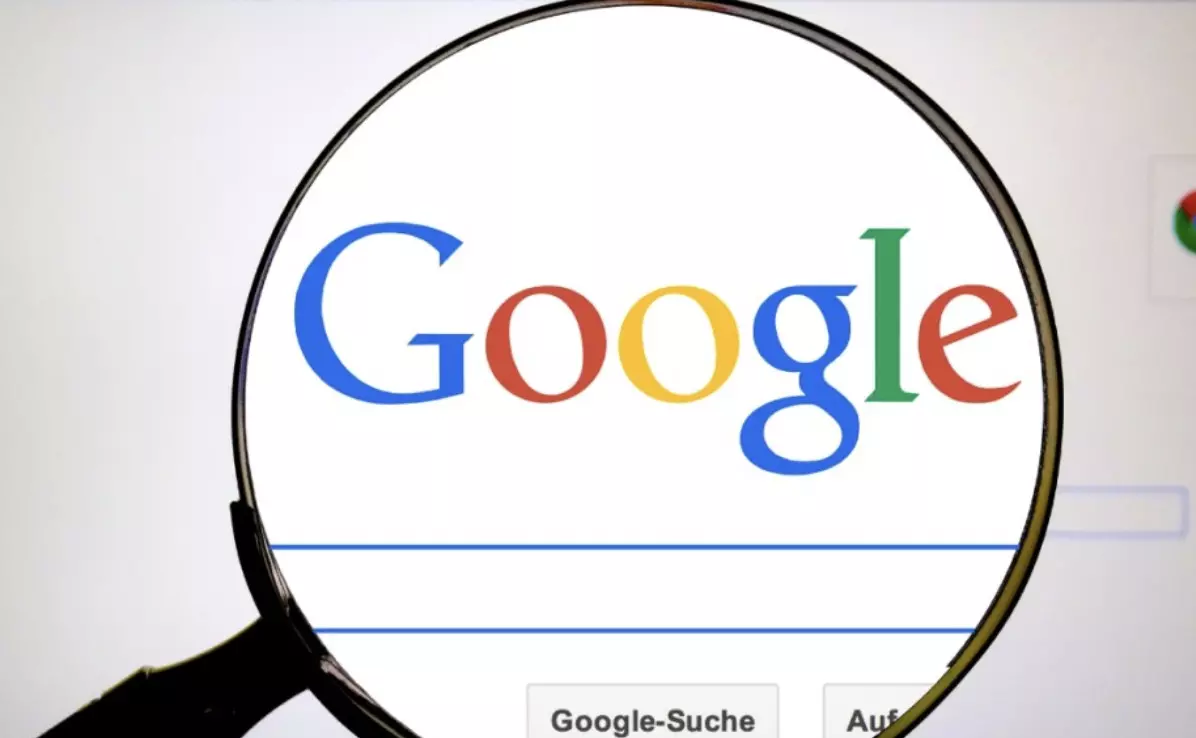Google’s Ad tech monopoly ruled illegal: What it means for the company and the Industry
Google’s Ad tech monopoly ruled illegal: What it means for the company and the Industry

A U.S. judge has ruled that Google holds an illegal monopoly in the advertising technology (ad tech) space, setting the stage for potentially major changes at one of the world’s most powerful tech companies.
What's This Case Really About?
Importantly, this ruling isn’t about Google’s core business—search—which generates the bulk of its revenue. That’s the subject of a separate, ongoing legal battle.
Instead, this case targets Google’s ad tech division, known as Google Network, which manages how online ads are bought, placed, and priced. It includes platforms like Google Ad Manager and Google AdX, which control both the tools advertisers use and the systems websites rely on to sell ad space.
Why Did the Court Rule Against Google?
Government lawyers argued that Google unfairly used its dominance in ad tech to edge out competitors, harming websites, especially publishers and news outlets. The court agreed. Google, however, insists it simply built a better system than others.
How Big Is Google’s Ad Tech Business?
While advertising brings in around 75% of Alphabet’s $350 billion annual revenue, the Google Network segment contributes just 8.7% of that. Within that, Google Ad Manager alone accounted for only 4.1% of revenue and 1.5% of profits in 2020. Updated financials were kept confidential in court.
So while the ruling targets a smaller slice of Google’s business, it could still have a ripple effect across the digital ad industry.
What Could Happen Next?
Legal experts say Google may be forced to sell or separate parts of its ad tech business, such as Google Ad Manager or its ad exchange. This would help level the playing field, making it easier for advertisers and publishers to work with other platforms.
In fact, Google had previously offered to sell part of its ad exchange to appease European regulators—but many publishers pushed back on the proposal.
Erik Hovenkamp, a professor at Cornell Law School, notes that even if Google is forced to divest parts of its ad business, the financial impact may be under 10% of total revenue.
Industry-Wide Impact
The case marks a rare moment of bipartisan unity, with both the Biden and Trump administrations backing the lawsuit. It signals a growing push in Washington to hold Big Tech companies accountable—regardless of political lines.
Legal analysts say this ruling could reshape how digital advertising works, offering more choice and transparency to advertisers and publishers.
The Bigger Battle Is Still Ahead
Google’s legal troubles aren’t over. A much larger case is still pending—focused on Google’s search monopoly. That trial, set to begin soon in Washington, could have far more serious implications for Alphabet if the court rules against them.
Will Google Accept the Ruling?
Not yet. Google has said it plans to fight the decision, and the judge still needs to decide what penalties or structural changes the company must make. If no settlement is reached, the legal battle could drag on for years.

